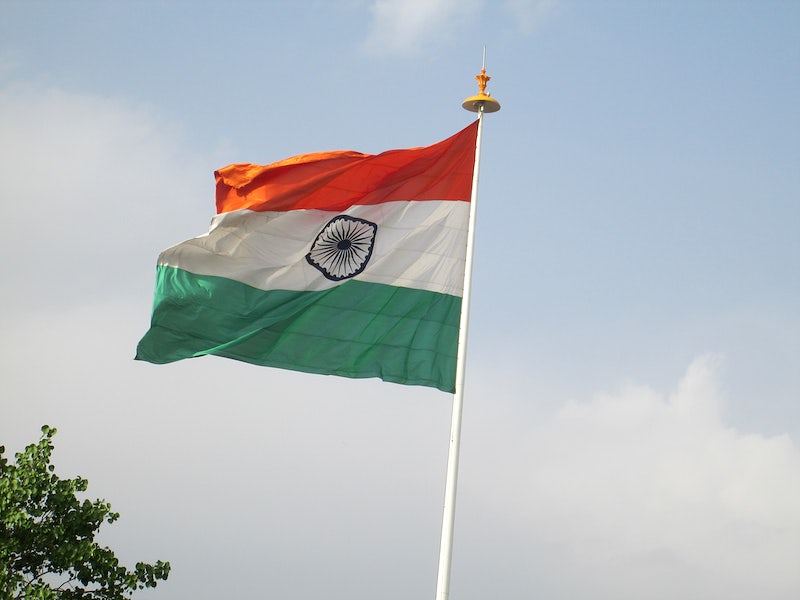In a significant escalation of hostilities, India has reported multiple strikes on its military installations, attributing the attacks to Pakistan. Pakistan, however, has denied any involvement, labeling the accusations as “entirely unfounded and politically motivated.” The situation has intensified concerns over the potential for a broader conflict between the two nuclear-armed neighbors.
India Reports Strikes on Military Bases
On Thursday evening, explosions were reported in Jammu city, located in Indian-administered Kashmir, leading to widespread blackouts in the region. Indian authorities stated that military bases in Jammu, Udhampur, and Pathankot were targeted using drones and missiles. The Indian military claimed to have intercepted several incoming threats and is assessing the extent of the damage.
An Indian military official, speaking on condition of anonymity, noted that air defense systems were activated in response to the attacks, successfully neutralizing multiple threats. The official emphasized that the attacks represented a significant escalation and warranted a measured response.
Pakistan Denies Involvement
In response to India’s allegations, Pakistan’s Ministry of Foreign Affairs issued a statement denying any role in the reported attacks. The ministry described the accusations as “entirely unfounded, politically motivated, and part of a reckless propaganda campaign aimed at maligning Pakistan.”
Pakistan’s Defence Minister, Khawaja Muhammad Asif, reiterated the country’s stance, stating that Pakistan had not engaged in any offensive actions targeting Indian territory. He emphasized that Pakistan reserves the right to defend its sovereignty and territorial integrity against any aggression.
International Reactions and Calls for Restraint
The escalating tensions have drawn international concern, with global powers urging both nations to exercise restraint. U.S. Secretary of State Marco Rubio held separate calls with Indian Foreign Minister Subrahmanyam Jaishankar and Pakistani Prime Minister Shehbaz Sharif, advocating for immediate de-escalation.
Similarly, the United Nations and neighboring countries have called for dialogue and a peaceful resolution to prevent further deterioration of the situation. The international community remains watchful, given the historical volatility between India and Pakistan.
Historical Context and Ongoing Disputes
The current flare-up is rooted in longstanding disputes between India and Pakistan, particularly over the Kashmir region. The two countries have fought multiple wars since their independence in 1947, with Kashmir being a central point of contention.
Recent events have further strained relations, including cross-border attacks and mutual accusations of supporting militant activities. The latest incidents underscore the fragile nature of peace in the region and the need for sustained diplomatic efforts.
Conclusion
As both nations navigate this critical juncture, the emphasis remains on de-escalation and dialogue. The international community’s involvement and mediation efforts will be pivotal in steering India and Pakistan away from the brink of conflict and towards a path of lasting peace.










